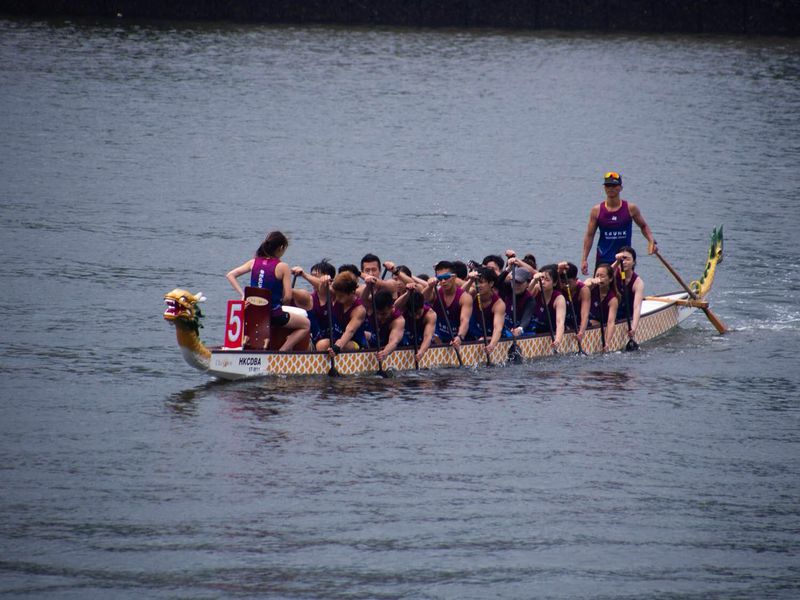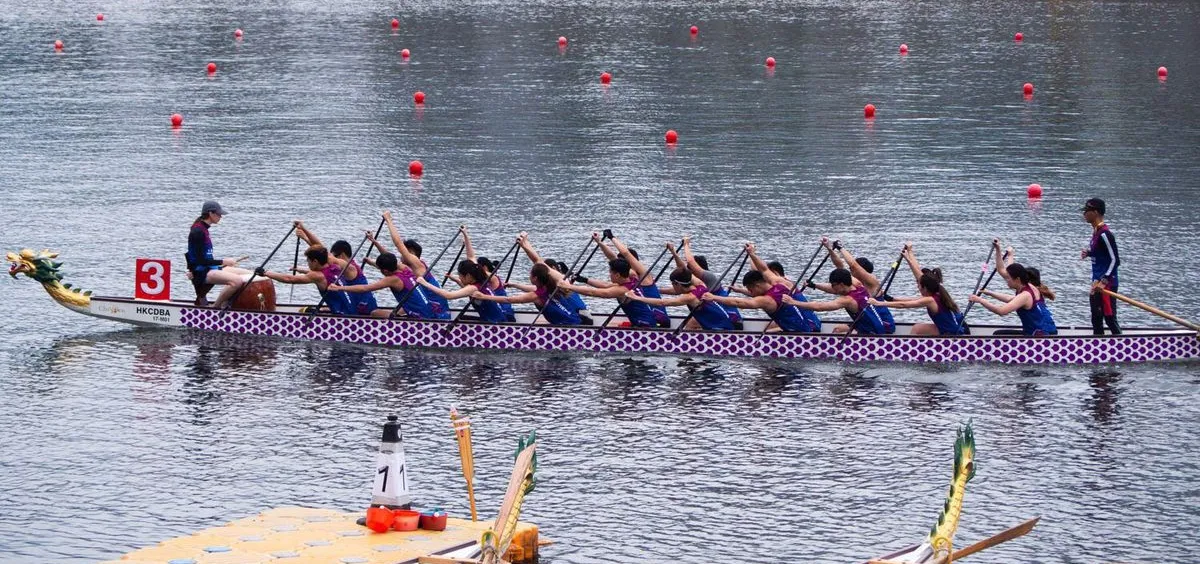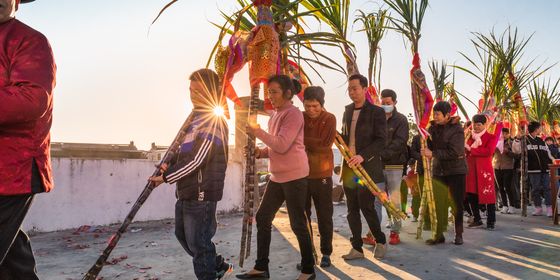As China celebrates the Dragon Boat Festival, one rower explains the teamwork and trust at the heart of the sport
As Chinese celebrate the Dragon Boat festival this weekend, one of the rather important elements is often missing from the radar: the Dragon Boats! Although there are celebrations around the country, from the somewhat bizarre (a sinking festival in Guangdong province) to boating in Beijing, few take time to think about the effort that goes into these annual races.
Dragon boat racing is associated with Qu Yuan, the exiled Warring States-period poet and official associated with the Dragon Boat Festival. After Qu Yuan learned of the invasion of his home state, Chu, he drowned himself in the river. and the people rowed out onto the water believing the noise would scare the fish away from eating Qu Yuan’s body. Thereafter, holding a dragon boat race became an annual tradition.
Dragon boat competitions take place all over the world, not only on the Dragon Boat Festival. The International Dragon Boat Federation organizes a World Championships every two years, and clubs all over the world compete. In competitive dragon boat, the most common distance is 200M. There are three competitive categories, 小龙 (xiǎolóng, small dragon), 中龙 (zhōnglóng, medium dragon), and 大龙 (dàlóng, big dragon), based on the size of the boat. Xiaolong and Zhonglong are the most common categories, with around 12-20 rowers on board, plus a “rudder” who controls the direction of the boat, and a “drummer,” who helps make sure the rowers all paddle at the same speed.
As a rower, I have to lean forward as much as I can, keeping arms straight and holding the paddle at 90 degrees. Following the “ready, steady, go,” we all begin to heave. As rowers have to use their legs to pull up and turn with the arms and shoulder to paddle, all the muscles in the body need to be used. Afterwards, the rower is left exhausted, legs shaking, often bruised (the hips face constant friction with the boat).
It’s the relationship with your teammates that makes you stay. Our bodies and minds have to be in sync with each other. Therefore, practice and team spirit are essential for this sport.

A 2018 dragon boat competition in action (Rachel Wang)
When we are rowing, we are one big family. That said, in each team there are different people with various levels of fitness.
Some may have been participating in other sports since they were young, or have trained to be a dragon boat athlete for a long time. Some may have just decided to engage in sports and dragon boating is their first choice. But we will never give up on any of one of each other. We have always got each other’s backs, and try our best to increase everyone’s ability, because we are all on the same side.
We might each of us to go to the gym and train together, correct each other’s skills, and celebrate who’s just lifted five kilos for the first time, even when others are lifting 30 already. We’re just proud to see our teammates making progress, as we are literally in the same boat. Every round of applause is just so sincere. Sometimes, I understand my teammates with a simple pat on your shoulder or just eye contact.
Often, I might get so tired, I want to give up. However, seeing the one beside and in front still paddling with all they have, you know that if you stop, it will be harder for your friends and the boat to go forward, as you have become an extra burden. You just have to keep powering till you reach the end. This bonding is the most treasured thing we have when in the dragon boat.
My coach in Hong Kong, Tin, has been coaching dragon boat racers for two years. Tin adores our team spirit, always reminding us, “Everyone has their own talent and it’s important.” He strongly believes that all our ability can be fully utilized when placed in the right spot. Indeed, we could not afford to lose any of our teammates.
You have to be able to control yourself, and during competition, present yourself and persist. I mean it when I said we rowers never give up on each other—after all, I was the one lifting five kilos, and I’m still paddling away!












